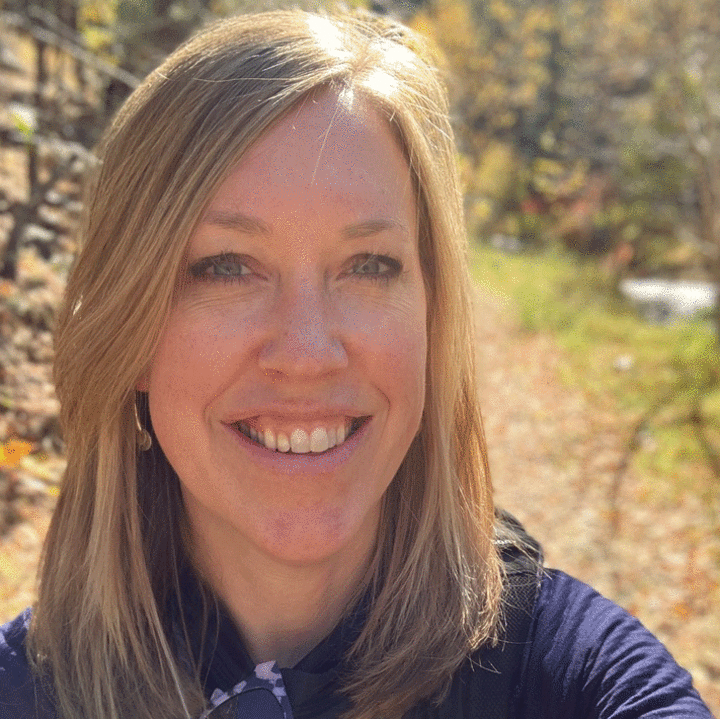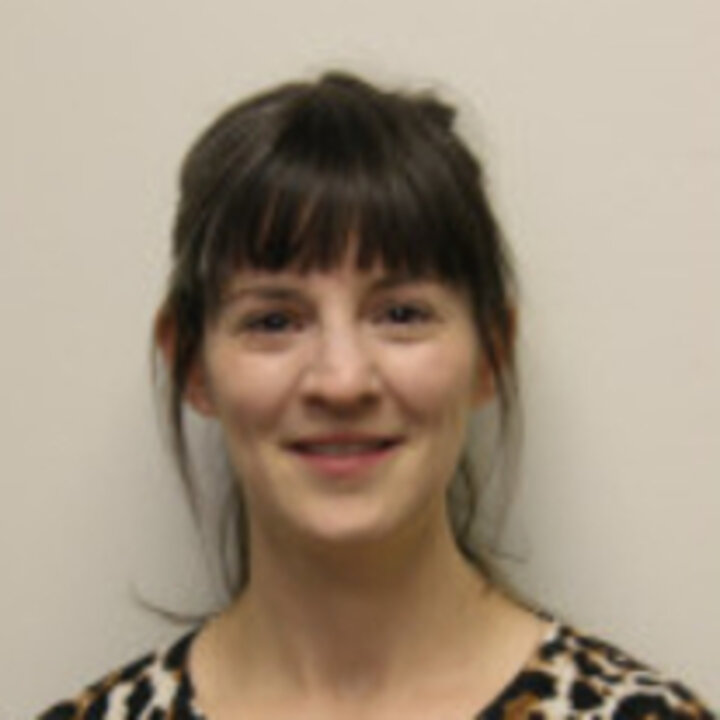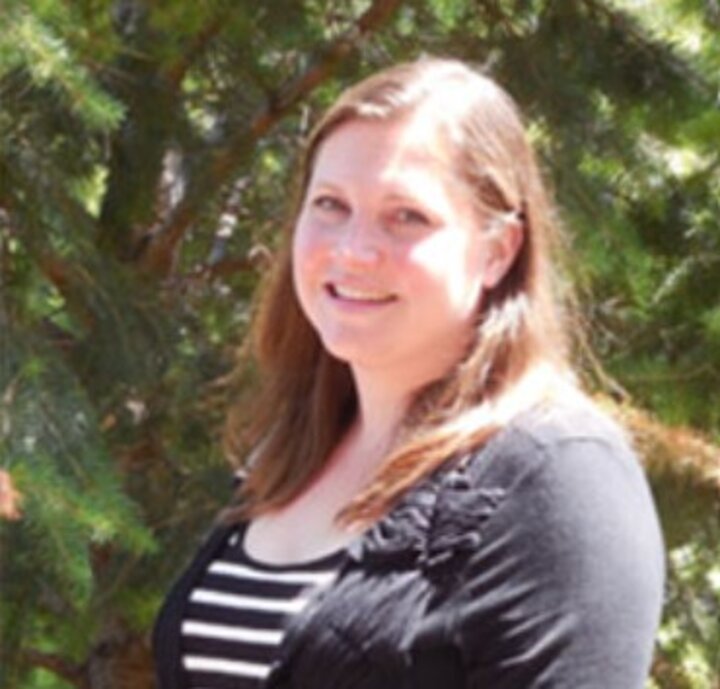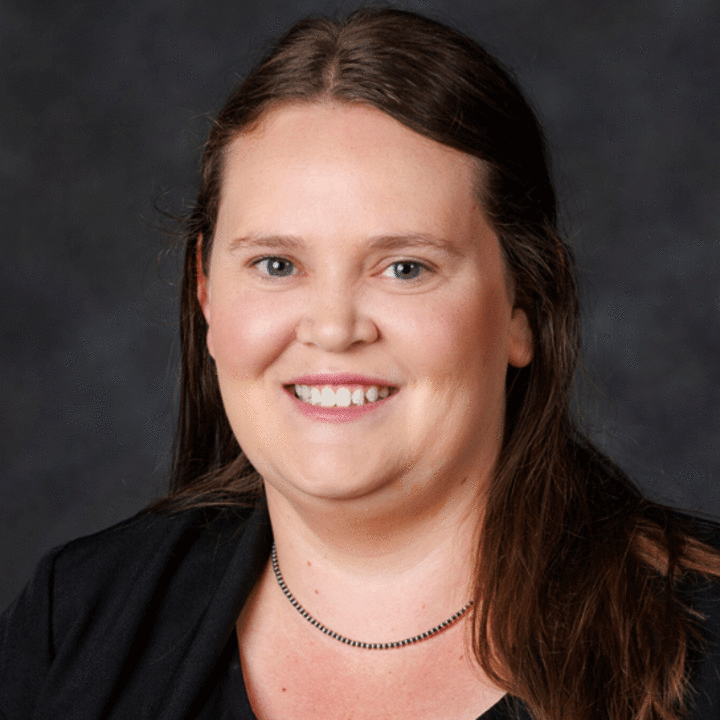Science and Decision-making for a Complex World
What students are saying about SCIL 101
"The class has opened up my perspective on the subjects covered. Also improved my decision-making ability."
"This class raises awareness about current issues that people may not otherwise know about, and allows for great discussion.”
"I enjoy working in groups and the engaging conversations.”
"Instructors and LA’s are really engaging students in discussions and they are doing a really great job in helping us understand the materials."
Curriculum
About the Course:
Introduction to the scientific, social, economic, political, cultural and ethical dimensions of current issues related to food, energy, water and landscape systems. In this course, students will work with their peers to access and evaluate popular and scientific media, and engage in science-informed decision-making.
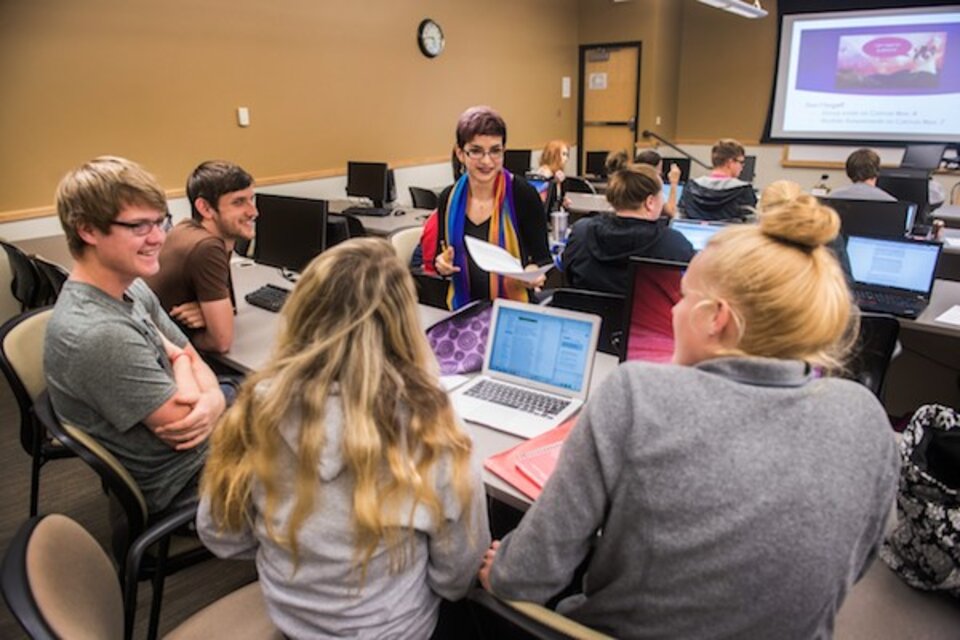
Course Topics:
Each semester, salient topics are chosen by the instructor team which illustrate challenges in the region related to different facets of agriculture and natural resources and provide an opportunity for students to problem solve in a domain that involves science of the environment and of agriculture, economics, politics/culture, and ethics. These topics may change each semester.
Course Learning Objectives:
Upon successful completion of the course, student should have the ability to:
- Distinguish between (a) scientific information and (b) values, ethics, culture, economics, or politics, and use both to support position about what should be done about complex socioscientific issues using proficient written and oral communication skills.
- Explain and evaluate complex socioscientific issues in Nebraska using “systems-thinking” that includes an understanding of science, economics, politics/culture and ethics using proficient written and oral communication skills.
- Access and identify scientific information in popular media and peer-reviewed science media that is relevant to a socioscientific issue, and use scientific information in decision-making. Including:
- Making judgments on credibility based on professional reputation, publication venue, institutional affiliation, and potential conflicts of interest,
- Understanding the creation of scientific information including the peer-review process, research funding and publication, and perspectives of research organizations,
- Make sense of claims and evidence in scientific media sources, synthesize science information and apply it to decision-making
Engage in teamwork and problem-solving with peers to use consensus prioritization of values and scientific information to make a case for the best solution to an important and complex socioscientific problem and defend the position during a final poster session.

Reports
Researchers on the Science Literacy team are investigating how students learn about complex socioscientific issues. This research ultimately helps improve the course.
Semester Summaries Research Papers Presentations and Posters
Apply to be a Learning Assistant
Each semester we are hiring undergraduate students, graduate students and post-docs who are interested in teaching and learning to serve as Learning Assistants
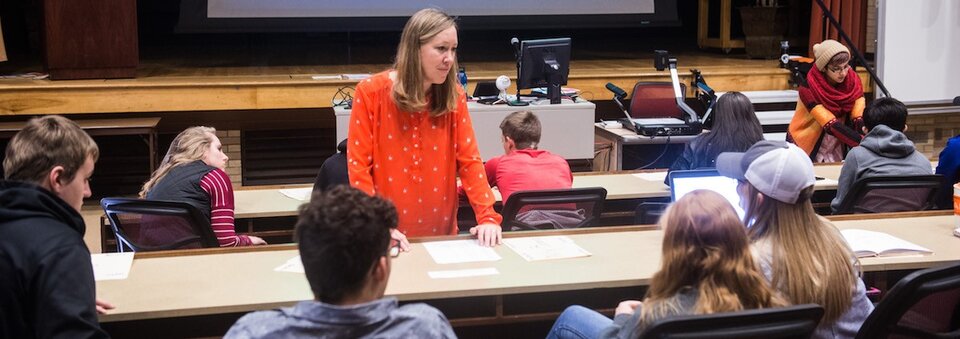
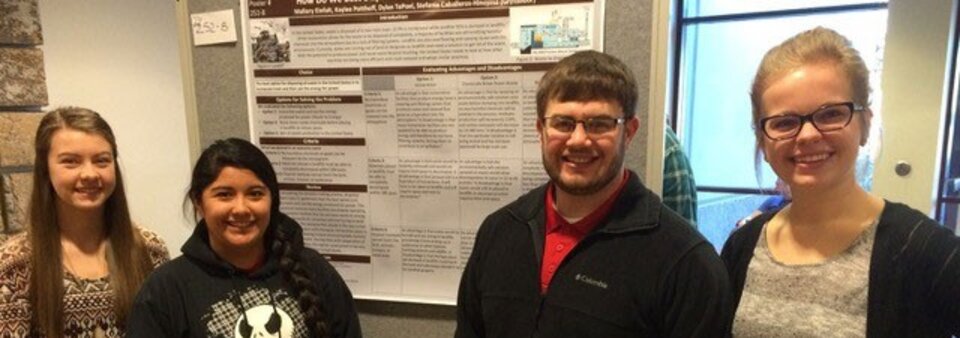
Final Poster Session
- Student groups pick an socioscientific issue of their choice and research and evaluate potential solutions to the issue.
- Students Final Projects are presented in a Final Poster Session on the Thursday before finals week during lecture time.
- Poster judges are needed every semester. Faculty, post-docs, graduate students and others are welcome to participate. Please contact us to volunteer!
